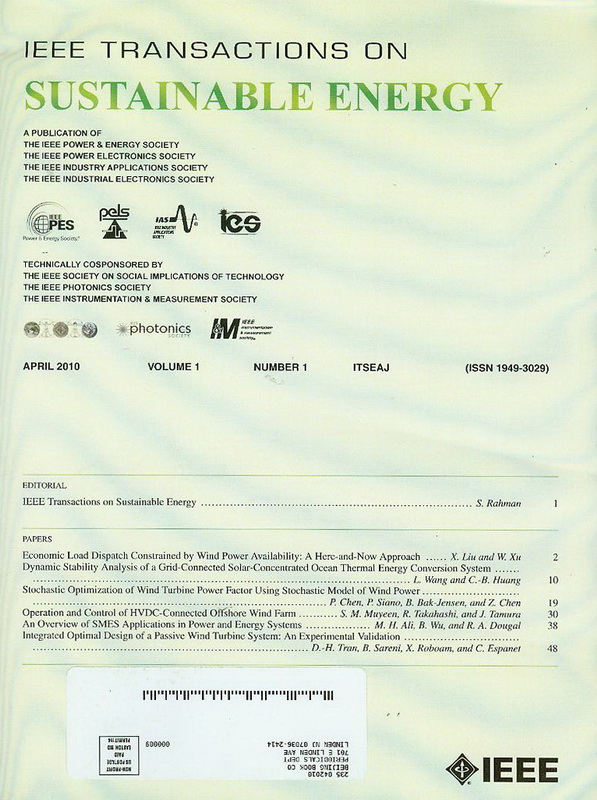基于DRL的网络微电网调度双代理框架
IF 10
1区 工程技术
Q1 ENERGY & FUELS
引用次数: 0
摘要
据广泛报道,高影响、低概率的极端天气事件频率的增加对电力系统的弹性运行提出了重大挑战。本文探讨了提高运营弹性的策略,以解决配电网适应不断变化的运营条件的能力。我们引入了一种新的基于双智能体的框架,用于使用深度强化学习(DRL)范式优化网络微电网(N-MG)中的分布式能源(DERs)调度。该框架侧重于在正常运行期间最大限度地减少运行和环境成本,同时提高紧急情况下的临界负荷供应指数(CSI)。此外,我们引入了一个多时间动态奖励塑造结构,并结合误差系数来增强智能体的学习过程。为了在紧急情况下对负荷进行合理的管理,我们提出了一种基于临界指标对负荷进行分类的负荷灵活性分类系统。通过在改进的IEEE 123节点基准配电网络上运行多个案例研究,证明了所提出方法的可扩展性。此外,通过与粒子群优化算法和遗传算法两种元启发式算法的比较,验证了该方法的有效性。本文章由计算机程序翻译,如有差异,请以英文原文为准。
Dual Agent Framework for Scheduling Networked Microgrids Using DRL to Improve Resilience
The widely reported increase in the frequency of high impact, low probability extreme weather events pose significant challenges to the resilient operation of electric power systems. This paper explores strategies to enhance operational resilience that addresses the distribution network’s ability to adapt to changing operating conditions. We introduce a novel Dual Agent-Based framework for optimizing the scheduling of distributed energy resources (DERs) within a networked microgrid (N-MG) using the deep reinforcement learning (DRL) paradigm. This framework focuses on minimizing operational and environmental costs during normal operations while enhancing critical load supply indices (CSI) under emergency conditions. Additionally, we introduce a multi-temporal dynamic reward shaping structure along with the incorporation of an error coefficient to enhance the learning process of the agents. To appropriately manage loads during emergencies, we propose a load flexibility classification system that categorizes loads based on its criticality index. The scalability of the proposed approach is demonstrated through running multiple case-studies on a modified IEEE 123-node benchmark distribution network. Furthermore, validation of the method is provided by means of comparisons with two metaheuristic algorithms namely particle swarm optimization (PSO) and genetic algorithm (GA).
求助全文
通过发布文献求助,成功后即可免费获取论文全文。
去求助
来源期刊

IEEE Transactions on Sustainable Energy
ENERGY & FUELS-ENGINEERING, ELECTRICAL & ELECTRONIC
CiteScore
21.40
自引率
5.70%
发文量
215
审稿时长
5 months
期刊介绍:
The IEEE Transactions on Sustainable Energy serves as a pivotal platform for sharing groundbreaking research findings on sustainable energy systems, with a focus on their seamless integration into power transmission and/or distribution grids. The journal showcases original research spanning the design, implementation, grid-integration, and control of sustainable energy technologies and systems. Additionally, the Transactions warmly welcomes manuscripts addressing the design, implementation, and evaluation of power systems influenced by sustainable energy systems and devices.
 求助内容:
求助内容: 应助结果提醒方式:
应助结果提醒方式:


